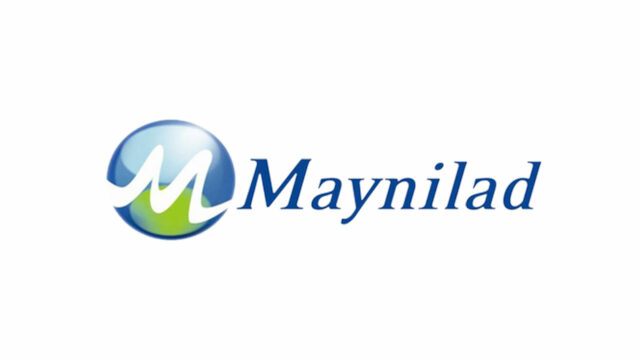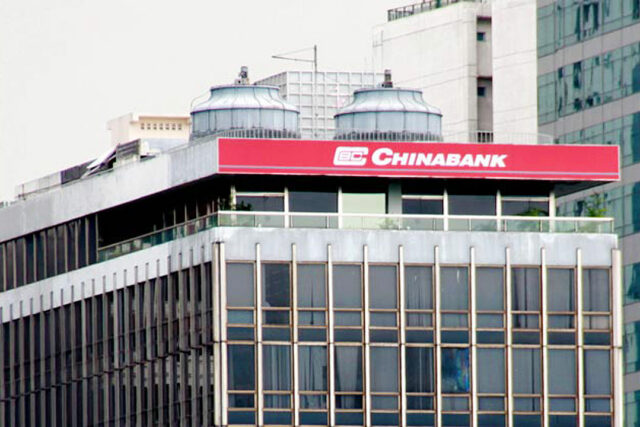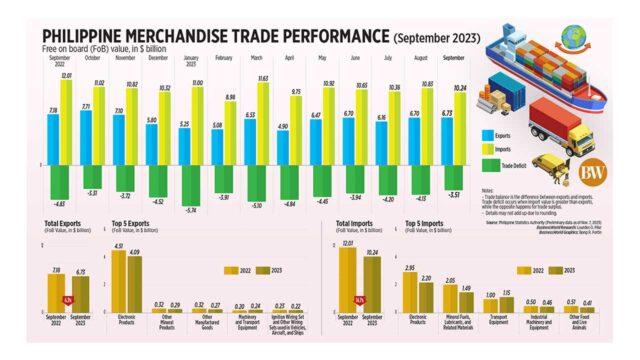Green financing has become a potent instrument for funding projects that are both commercially and environmentally sustainable in an era marked by rising environmental consciousness and vigilance. The Philippines is slowly embracing green finance as businesses are realizing the importance of incorporating environmental sustainability in business plans.
Green financing gives priority to investments and projects that are ecologically responsible. Its significance is immeasurable because it tackles several urgent global issues, including:
Climate Change Mitigation: Green finance plays a critical role in preventing climate change by directing funds toward initiatives that lower greenhouse gas emissions and foster climate resilience.
Biodiversity conservation: It backs programs that maintain biodiversity and ecosystems, which in turn protects the planet’s priceless natural resources.
Resource Efficiency: Green finance encourages the wise use of resources, which lowers waste and encourages responsible patterns of production and consumption.
Sustainable development promotes economic expansion while making sure that it is fair, eco-friendly, and inclusive of all social groups.
In fact, green financing’s ability to promote environmental responsibility is one of its main benefits. Considering the global struggles posed by climate change and environmental degradation, businesses that use green financing show that they are dedicated to lowering their carbon footprints and minimizing their adverse effects on the environment. This proactive approach not only helps the environment, but also improves a business’ standing as a socially conscious organization.
In the long run, green finance can result in significant cost savings. Businesses can lower their operational expenses, including energy use, trash disposal, and water use, by investing in sustainable practices, renewable energy sources, and energy-efficient equipment. These cost-cutting strategies may provide one with a competitive advantage in the market and larger profit margins.
Access to a wide variety of financial sources designated especially for environmentally friendly projects is also made possible via green financing. These sources include government grants, institutional investor loans and equity investments, green-focused funds, and green bonds. These grants can give companies the money they need to start or grow their sustainable projects.
Businesses that use green finance are better positioned to comply with environmental restrictions that are being enacted by governments throughout the world. Companies can reduce the risk of non-compliance and possible legal penalties by funding projects that comply with environmental standards.
Adopting green financing also provides a business edge. Surveys have shown that customers prefer to support environmentally conscious enterprises, and investors have become more interested about the environmental policies of the firms they invest in. Businesses can reach a wider range of consumers and investors by embracing environmental stewardship.
Several Philippine conglomerates have embraced green financing in supporting several big-ticket initiatives. One of the biggest and oldest corporations in the Philippines, Ayala Corp., is noteworthy for having pioneered green finance. The diversified firm has regularly used green funding to support its initiatives in infrastructure, energy, and real estate.
The real estate division of Ayala Corp., Ayala Land, for example, raised P8 billion (about $160 million) by issuing its first green bond just prior to the outbreak of the global health pandemic. The money raised was set aside for environmentally friendly and sustainable projects, such as the creation of sustainable townships and the integration of energy-saving infrastructure into their various development projects.
AC Energy, another subsidiary of Ayala Corp., is also an early adopter of green financing. The energy firm has been actively involved in the renewable energy industry, adding more wind and solar projects to its portfolio. To finance these renewable energy projects, AC Energy used green financing through joint ventures with domestic and foreign institutions to issue green bonds. The company’s dedication to sustainability has helped the Philippines switch to cleaner energy while also drawing in green investors.
First Gen Corp., a major player in the renewable energy sector in the Philippines, has also drawn green finance to support its renewable energy initiatives. The business is significantly advancing the nation’s use of sustainable energy.
Green financing, however, provides some unique and inherent difficulties. For example, green bonds have more stringent requirements and can only be applied to projects that adhere to specific environmental standards. This restriction might limit the kinds of projects that an organization can use green money for.
While green financing can result in long-term cost benefits, it is also an accepted truism that adopting environmentally friendly practices and technologies can come with a hefty upfront cost. For one, it is necessary to invest a large amount of money up front to implement sustainable supply chain procedures, energy-efficient infrastructure, or renewable energy solutions. To optimize the advantages of these costs, businesses need to carefully plan and budget for them.
Since the green finance industry is still in its infancy, it is susceptible to shifts in legislation, investor tastes, and market dynamics. Businesses that venture into green financing may encounter uncertainties about the availability of green money, the market for green products, and how green financing instruments will change over time. Additionally, to stay in line with green financing regulations, businesses must continuously track their progress and report on the environmental effect of their projects. This can take a lot of time and might call for additional resources for reporting and verification related to sustainability.
Businesses that use green finance also run the risk of being accused of greenwashing, which is the practice of deceiving investors and customers by portraying a business or its products as being more ecologically friendly than they are. Therefore, businesses that use green finance must be careful in implementing projects funded by green financing as this could potentially harm their brand and they may encounter some legal repercussions if environmental claims are proven to be wrong or made in deceit.
Indeed, businesses that value environmental sustainability can benefit from green financing in several ways, including cost savings, competitive advantage, environmental responsibility, and access to capital, but companies that embrace this finding mode just need to be cognizant of potential pitfalls.
Green finance has shown to be an effective tool for Philippine businesses like Ayala Land, AC Energy, and First Gen Corp. in funding their environmentally friendly projects, which range from renewable energy projects to sustainable real estate developments. The initiatives of these businesses can be used as insightful case studies by others who wish to adopt green financing to pursue profitable and environmentally responsible business operations.
As can be observed, green finance is going to be more and more important in determining how businesses and environmental responsibilities are shaped in the future as we continue to transition toward sustainability.
Studies have shown that green finance is, indeed, a very potent instrument that has the potential to create a sustainable future as it addresses the interrelated issues of resource depletion, biodiversity loss, and climate change by balancing economic expansion with environmental stewardship. Green finance can provide an avenue towards a future where environmental integrity and economic success coexist by reducing environmental risks, promoting business sustainability, attracting money to ecologically responsible projects, and exhibiting global leadership.
When countries and organizations continue to place a high priority on green finance, they can continue to improve both the planet’s overall health and their own. Making the shift to green finance is a crucial step toward creating a sustainable world and emphasizes the crucial role that finance will play in determining the course of our planet’s future.
Ron F. Jabal, APR, is the chairman and CEO of PAGEONE Group (www.pageonegroup.ph) and founder of Advocacy Partners Asia (www.advocacy.ph).
ron.jabal@pageone.ph rfjabal@gmail.com



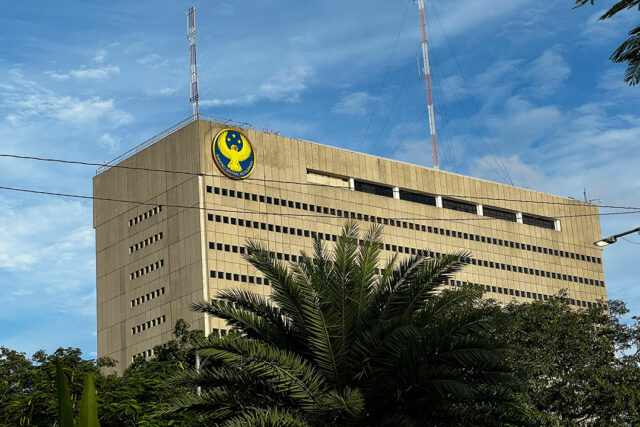

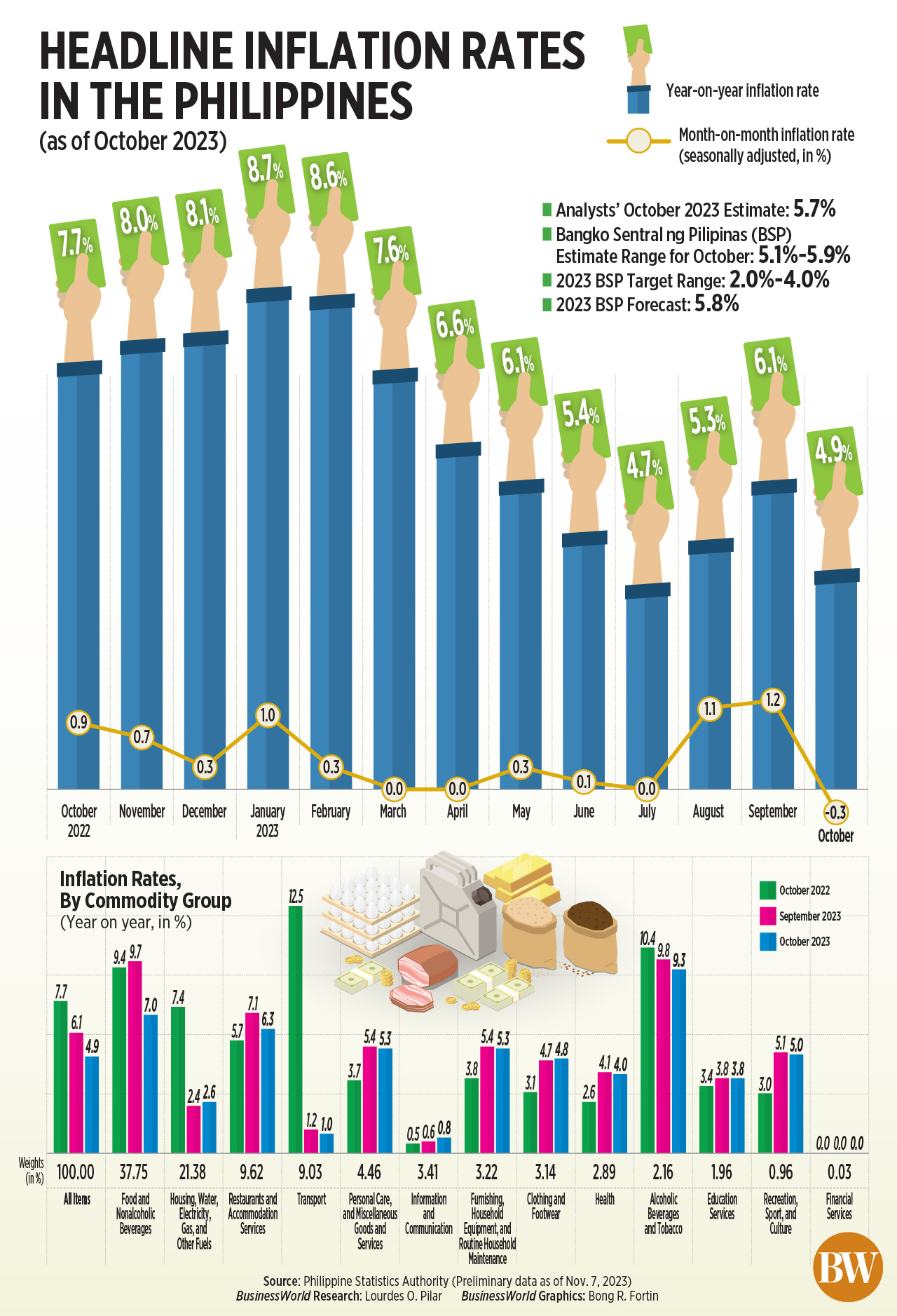

![G-DRAGON_CHANEL_Photo_Call_3-[wikipedia]](https://www.bworldonline.com/wp-content/uploads/2023/11/G-DRAGON_CHANEL_Photo_Call_3-wikipedia-640x426.jpg)
